Chinese companies are making strides to leverage resource strengths of economies involved in the Belt and Road Initiative to promote new energy cooperation and propel win-win results, with continuous increases in economic viability of BRI new energy projects, experts said.
Their focus of cooperation covers multiple fields including innovative technologies in wind power, hydrogen, power storage as well as equipment manufacturing, such as large-scale photovoltaic station construction and power transmission facilities, according to experts and business executives.
Zhang Li, deputy general manager of China Power Engineering Consulting Group Co Ltd, said that with advancements in new energy technologies, an increasing number of companies enjoy relatively lower costs in developing new energy projects in BRI-involved economies, whose natural resources, such as wind and solar, hold significant potential for exploration and utilization.
"Governments of BRI-involved economies are placing greater emphasis on constructing sustainable and secure energy systems while accelerating their green energy transition," Zhang said, adding that they are seeking global cooperation in these areas.
"BRI-involved countries and regions are highly compatible in terms of investment, trade, technology and production capacity, which is conducive to the establishment of long-term cooperative relations," said Li Jun, an official with the Global Energy Interconnection Development and Cooperation Organization.
Li said that BRI-involved economies have carried out extensive cooperation in the fields of energy trade, investment, equipment as well as technology and standards over the past 10 years.
"With estimated demand for primary energy rising to over 20 billion metric tons of standard coal by 2050 in BRI-involved countries and regions, the outlook for energy cooperation is even more promising," Li said.
According to the National Energy Administration, low-carbon investment related to the BRI now exceeds that of traditional fuels, and Chinese companies' cooperation in green energy projects has been carried out with enterprises from over 100 countries and regions.
Zhao Dong, president of State-owned China Petrochemical Corp — or Sinopec — said that the company has been dedicating to promoting the integration of new energy with oil and gas development through global cooperation.
Zhao said BRI-involved countries and regions have abundant renewable resources such as wind, solar and thermal energy, which represent new growth points for global green energy.
He said the company will continue to promote BRI cooperation in the integrated development of oil and gas exploration as well as renewable energy development. Further efforts will also be made on the synergistic development of green electricity, green hydrogen and the petrochemical industry, such as using green power to produce green hydrogen, which will be tapped in the petrochemical industry to reduce emissions.
Chen Haibin, deputy general manager of State Power Investment Corp Ltd, said the company has been increasing investment in overseas clean energy projects and promoting clean energy as the main component of its foreign energy assets. It also undertook multiple construction projects, such as power plants, substations and transmission lines.
As of the end of April, State Power Investment Corp had overseas installed power generation capacity of 8.84 million kilowatts, with clean energy accounting for 64.5 percent of the total. Combined installed power generation capacity reached 4.67 million kW in countries and regions involved in the BRI, the company said.
Currently, in the hydrogen field, the company is actively organizing Chinese enterprises and European firms and research institutions to promote cooperation in technology and standards in the field of green electricity. At the same time, it shares technological accumulation and project construction experience with companies from countries involved in the League of Arab States and African Union, in the fields of smart energy systems, large-scale photovoltaic power plants and ecological environment restoration, Chen said.
Wang Xiaojun, deputy general manager of Power Construction Corp of China, said the company will make continuous efforts to actively explore new business models covering resource discovery, project engineering, financing and operations to promote cooperation in the new energy field with companies from economies involved in the BRI.








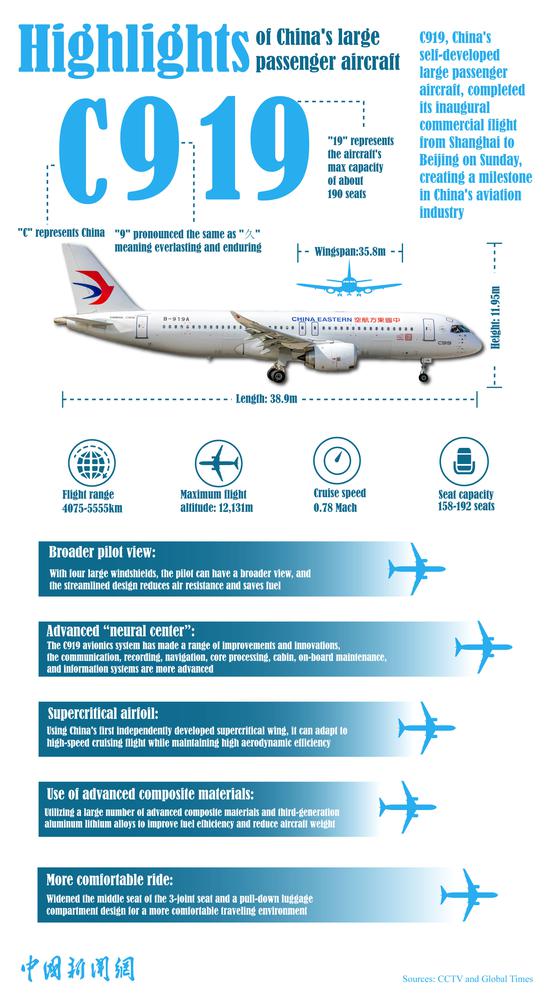



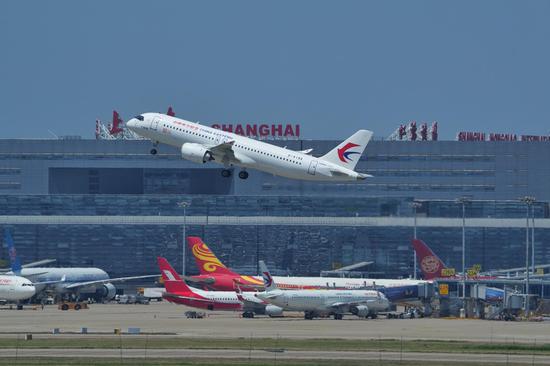


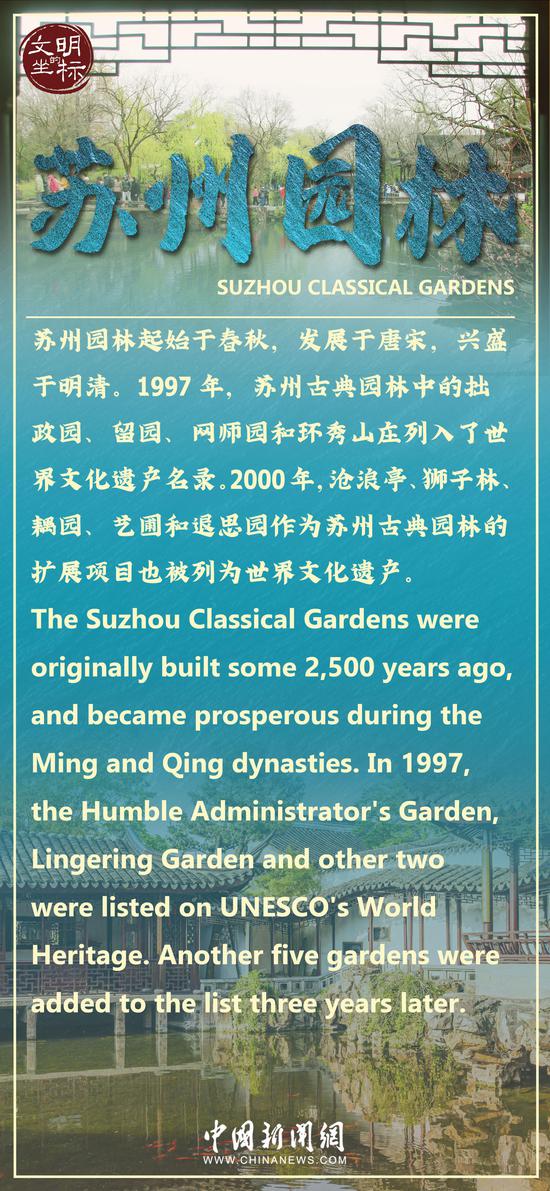
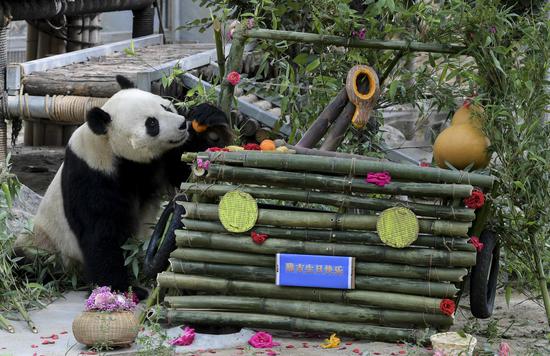

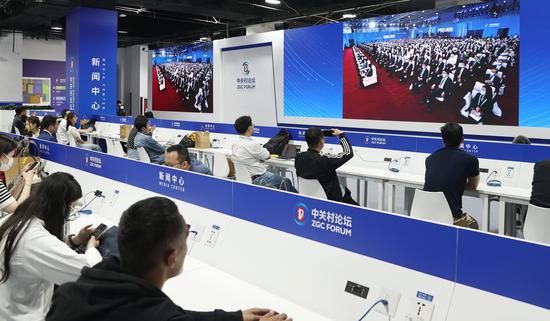



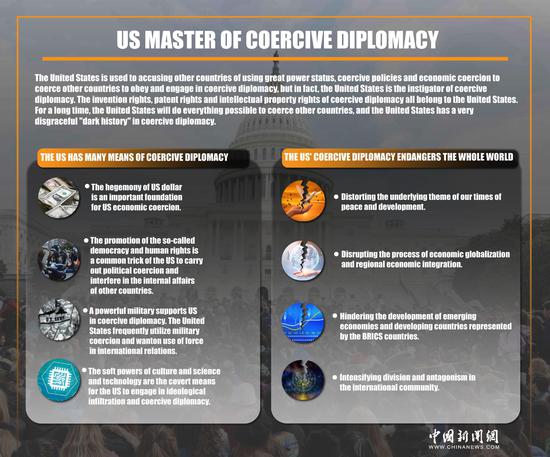
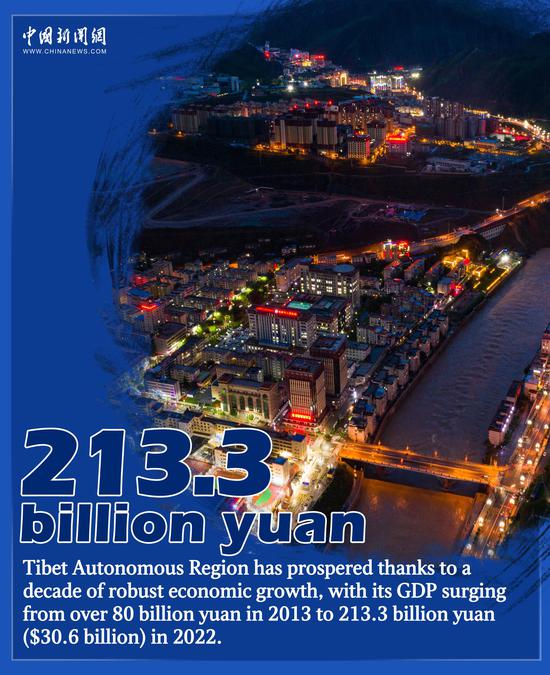
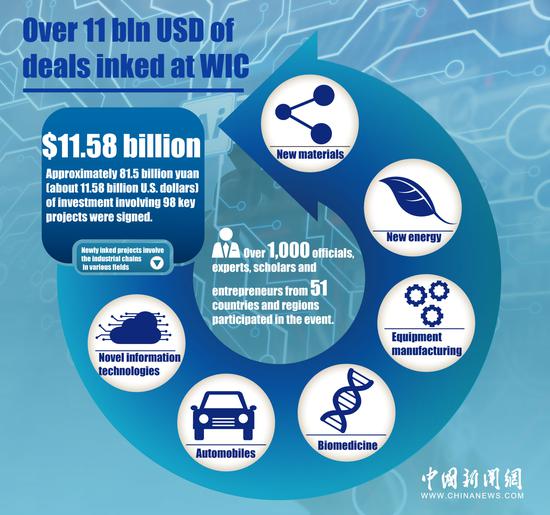

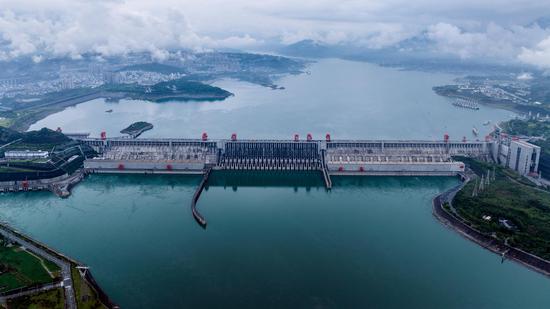

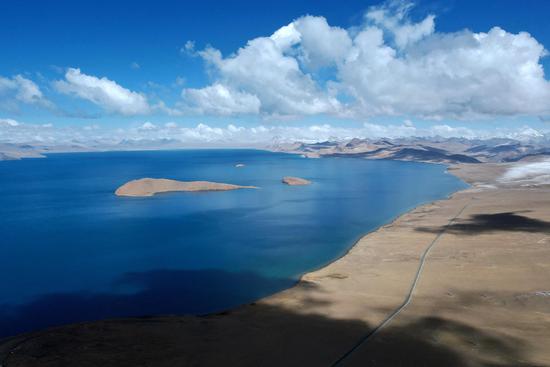






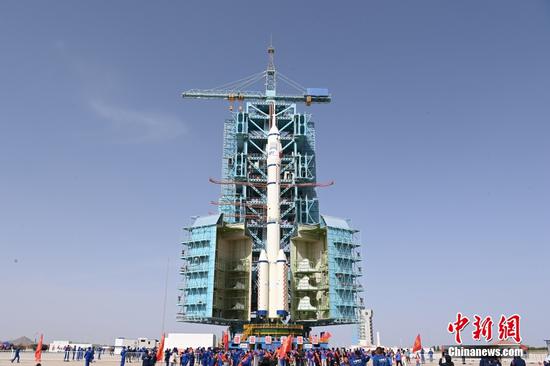
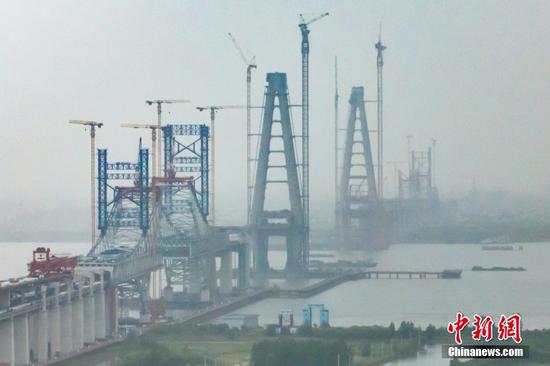
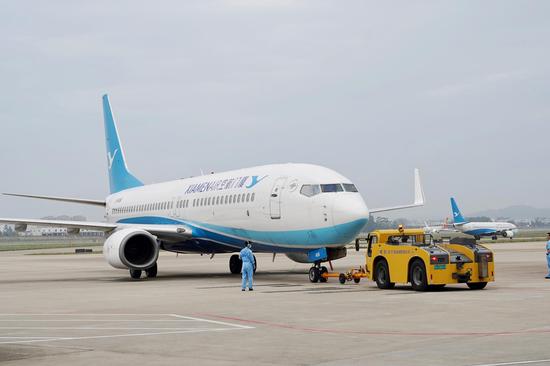
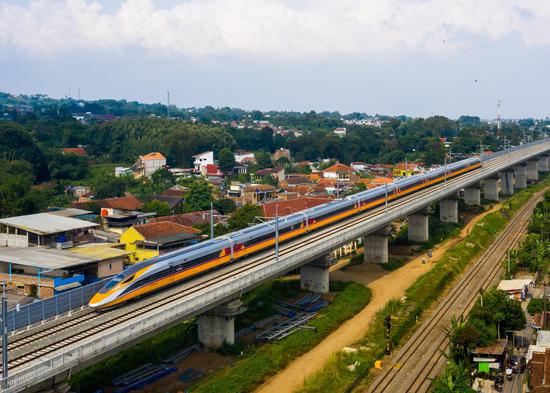
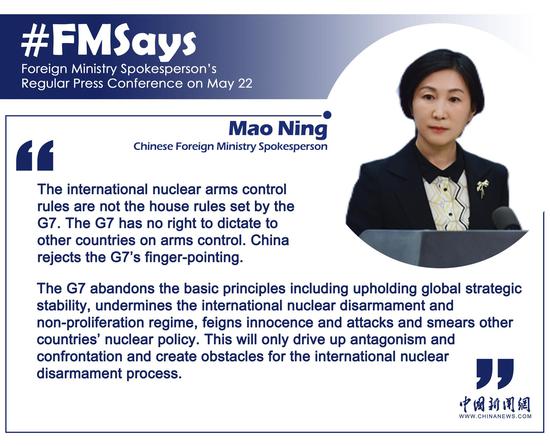
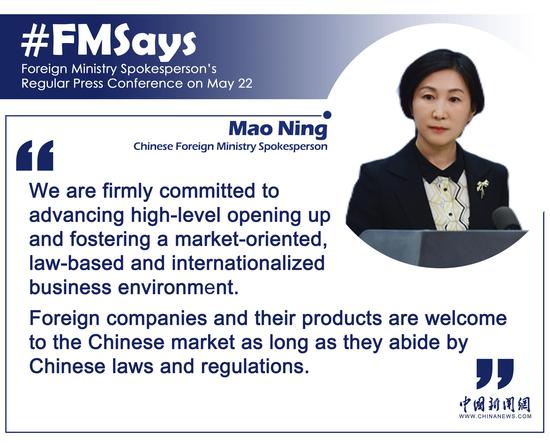
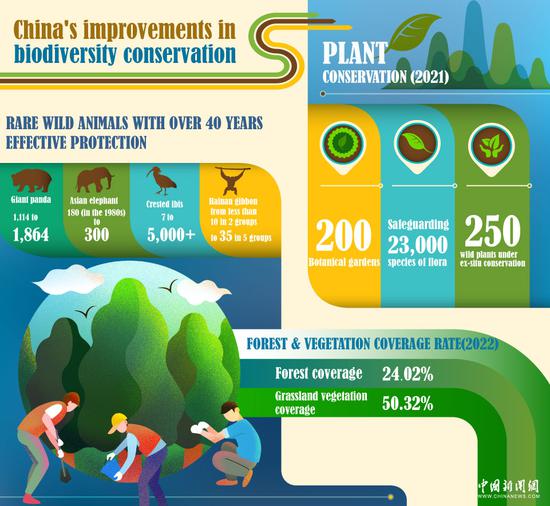
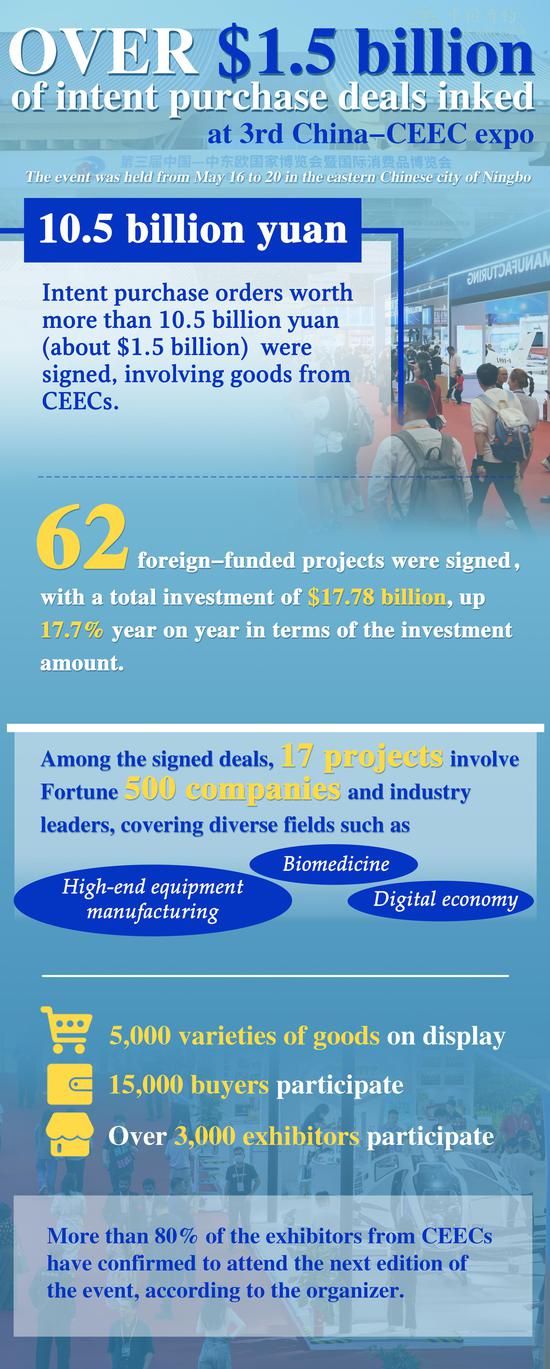







 京公网安备 11010202009201号
京公网安备 11010202009201号